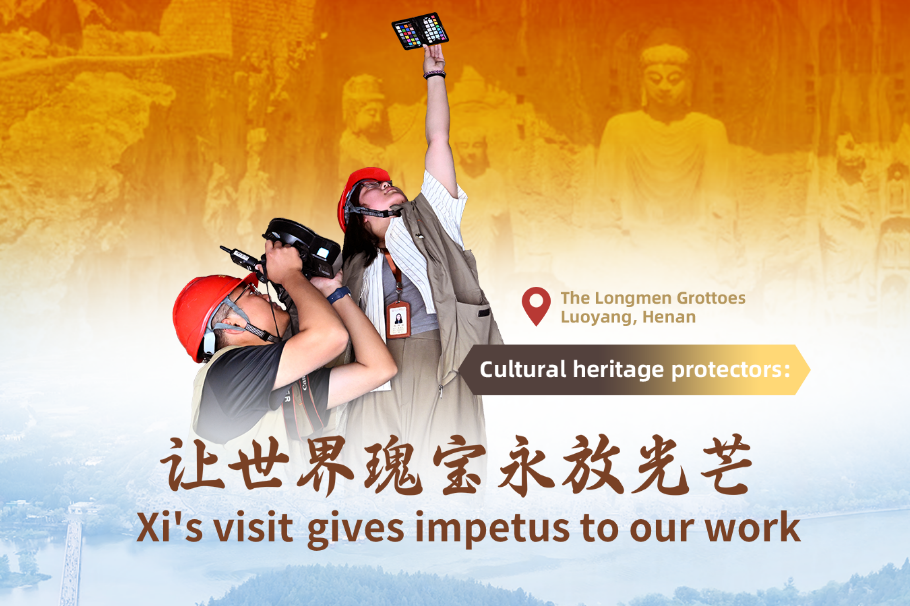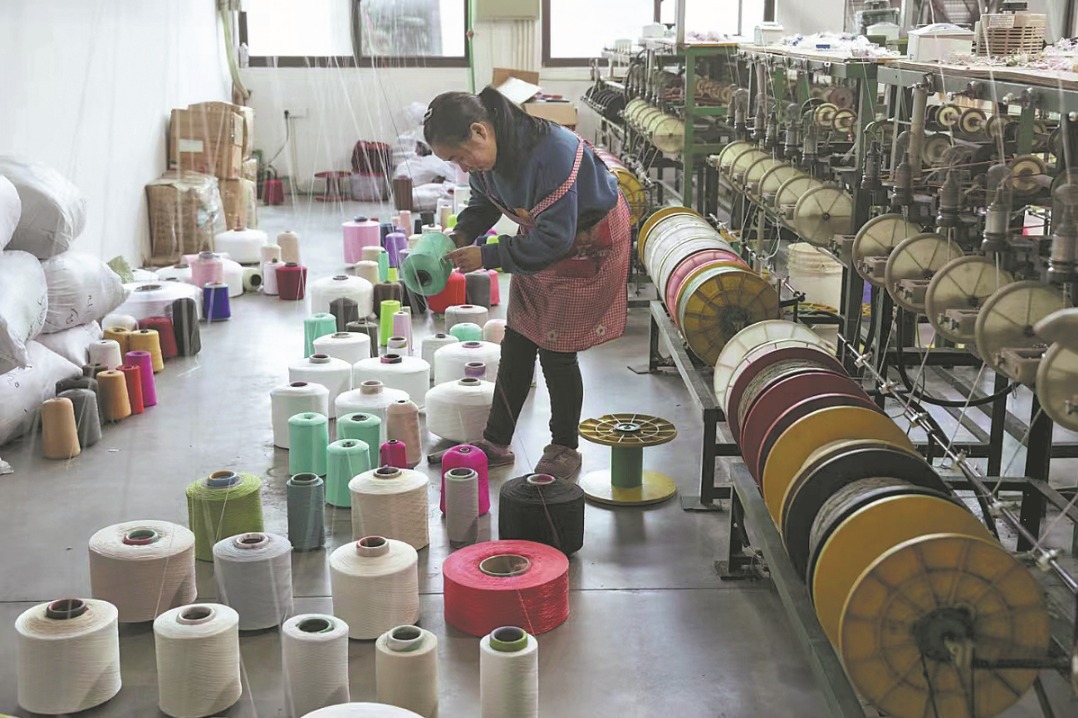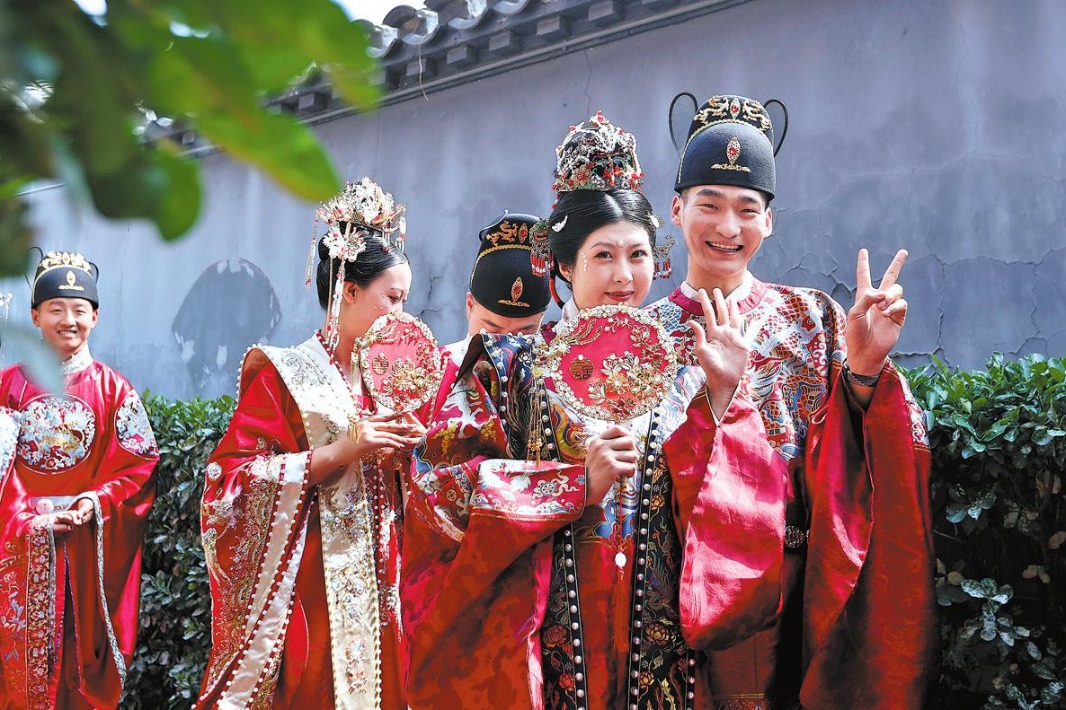To thrive in China, 'find the target'

Camal Group managing director says knowledge matters, but always have a Plan B
Having lived in Beijing and operated a business for the last six years, Walter Ruigu, managing director of Camal Group - a company that helps African companies to leverage China both as a market and a source of supplies, capital and technical expertise - talked during a recent interview about opportunities for African businesspeople in China.
He noted the sheer size of the Asian country's economy and presented three categories of opportunity for African entrepreneurs: import from China, export to China, and get capital.

Over the last 10 years, he says, China has experienced drastic economic growth, especially in the manufacturing sector; so it's a source of affordable goods for African importers. On the other hand, China is one of the largest markets in the world, offering an opportunity for African exporters in various sectors.
"The Chinese middle class has been expanding dramatically, with the average person looking for something different," he says.
According to a survey by McKinsey & Company, the evolution of the Chinese middle class means that sophisticated and seasoned shoppers - those able and willing to pay a premium for quality and to consider discretionary goods instead of just basic necessities - will soon emerge as a dominant force.
The research mapping China's middle class found that by 2022, more than 75 percent of China's urban consumers will earn 60,000 to 229,000 yuan ($9,000 to $34,000) annually.
However, despite the immense size of the Chinese export market, it's highly segmented, Ruigu says. Above all, an entrepreneur should understand his product, look for its particular market and understand the regulations governing exports.
"Meat, for instance, is a very sensitive product in China, so it's difficult to export it to the country despite its being in high demand," he says.
The other crucial aspect is finding the target market.
"You need to understand the buyer, how they want the product packaged, the price and the port you're shipping to," Ruigu says. "You should always have a Plan B, because the Chinese economy changes very fast. The devil is in the details."
He notes that it is crucial for a businessperson to visit the country to get a clear picture of the market. "Go see what your product will be used for, and the alternative products. The business culture in China highly values face-to-face meetings. In my opinion, it's very difficult to export to China on a long-term, sustainable basis without actually visiting the country."
He says very few African countries operate businesses in China, despite the numerous opportunities. He attributes the low rate of investment to entry barriers, regulatory requirements, the language barrier and the need for partnerships, capital and time. "Maybe many people postpone their investment after reviewing the requirements," he says.
Doing business in China may have its mysteries, he says, but the rules of operating any business in the country are typically straightforward. As a result, many other companies are looking at invest in the country.
"It depends on what you want to do. While some businesses require your physical presence, others don't. You just need to get a trustworthy partner," he says.
Ruigu identifies the language barrier, understanding the regulations and finding a trustworthy partner as the key challenges for those thinking about operating a business in China.
"What was true two years or even two months ago may not be true today in terms of the regulatory environment, target market and technology. However, beyond the challenges lie opportunities," he says.
Ruigu counsels Africans investing in China to understand what the end result will look like. He says people look at China as a market of 1.4 billion people when it is, in fact, not just one market.
"You need to find which segment of that population is your target market. You need to have a partner who understands the Chinese market, because it's a very complicated market. It's not only big but diverse."
edithmutethya@chinadaily.com.cn
(China Daily Africa Weekly 09/15/2017 page27)
Today's Top News
- EU has much to learn from China-Global South ties
- Xi holds phone conversation with Merz
- Xi stresses high-quality cultural-ethical advancement
- Trump halts Harvard's intl student enrollment
- Xi's visit gives impetus to our work
- Financing support enhanced for micro, small companies






























